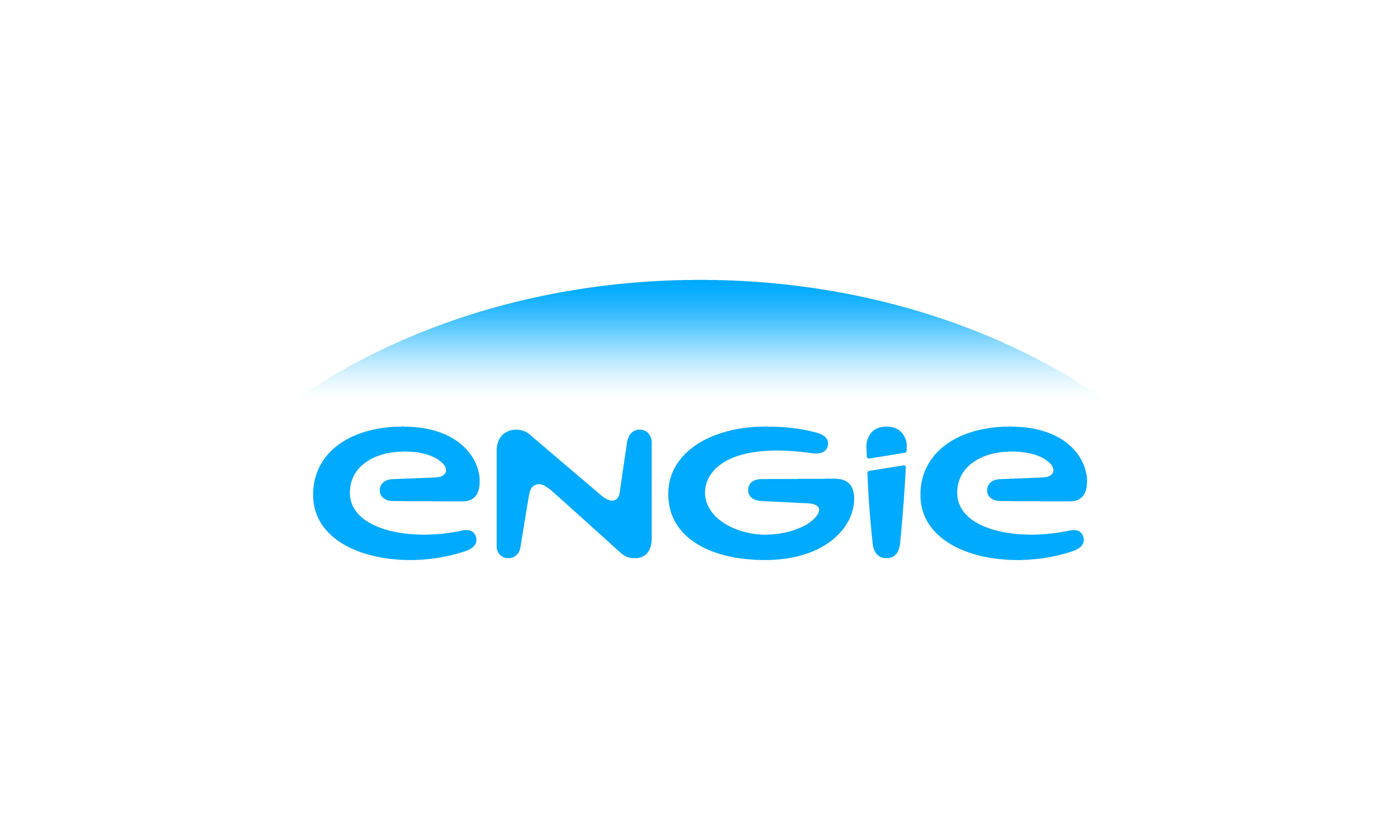How Did Massachusetts Blossom Into an Environment Ripe for Energy Storage, Pushing Technology and Business Models to the Cutting Edge?
Sponsored Content Originally Published on Utility Dive
It created a market that demands and allows for value stacking.
Today's energy storage technology can help power the country more efficiently and sustainably, and it's getting better all the time. However, this resource's greatest strength—the ability to both take in and let out energy rapidly—can be complicated to properly value. It's also been a bit of a headache to equitably work into the country's many mechanisms governing electricity generation and transmission.
Having an energy storage system provide just one service can be expensive, and it's a big waste of potential. Enter Massachusetts, where the stars have aligned and the full potential of energy storage may soon be on display, providing not one or two services, but seven or eight with a single project.
Get on Board
What's so great about Massachusetts?
For one, it's part of a deregulated wholesale energy market. Independent System Operators (ISOs) and Regional Transmission Operators (RTOs) oversee the nation's most competitive energy markets, which serve two-thirds of the U.S. population. In February 2018, the Federal Energy Regulatory Commission (FERC) issued its landmark Order 841, which required the removal of barriers to the participation of energy storage in the capacity, energy, and ancillary services markets operated by ISOs and RTOs. ISO New England was quick to respond, thanks to a unanimous agreement between the ISO and the New England Power Pool (NEPOOL), the market's stakeholder organization.
Another boost came from The Solar Massachusetts Renewable Target (SMART) program, which began accepting applications in November 2018. It added a financial incentive to integrate and operate energy storage alongside solar, creating a market ripe for storage developers with the means to pursue multiple revenue streams. However, it raised the question of ownership of capacity rights. A compromise that let storage developers maintain capacity rights was a major development coming out of the Massachusetts Department of Energy Resources (DOER) and the Department of Public Utilities (DPU).
What does it take to value stack?
Simply put, it takes a lot of work. Advanced control software is key to providing multiple services, including wholesale market services (capacity, reserves, energy, frequency regulation) and retail services such as peak shaving, distribution utility demand response, and installed capacity charge reduction. While providing all these services, advanced software also needs to manage compliance with incentive programs such as the federal investment tax credit (ITC) and, in the case of Massachusetts, compliance with its SMART program and storage adder.
Beyond advanced control software, trading expertise is also needed. Companies such as Genbright LLC of Hingham, Massachusetts (recently acquired by ENGIE North America), spent years working out the details of wholesale market integration of distributed energy resources.
New business models are also emerging that improve project economics, reduce risk, and enhance bankability for energy storage projects, enabling all stakeholders to be comfortable investing in and relying on energy storage services. For example, ENGIE Storage recently unveiled a new supply and services offering for developers of energy storage projects in New England that comprises system design support, supply, operations, performance guarantees, and payments for rights to participate in ISO-New England wholesale markets.
What's next?
It's an exciting time to watch the market for energy storage expand. Massachusetts will certainly influence other states to follow its lead, paving the way for wide-scale adoption of energy storage and a cleaner power grid.
Interested in more information? Download the ENGIE Storage free eBook here.




